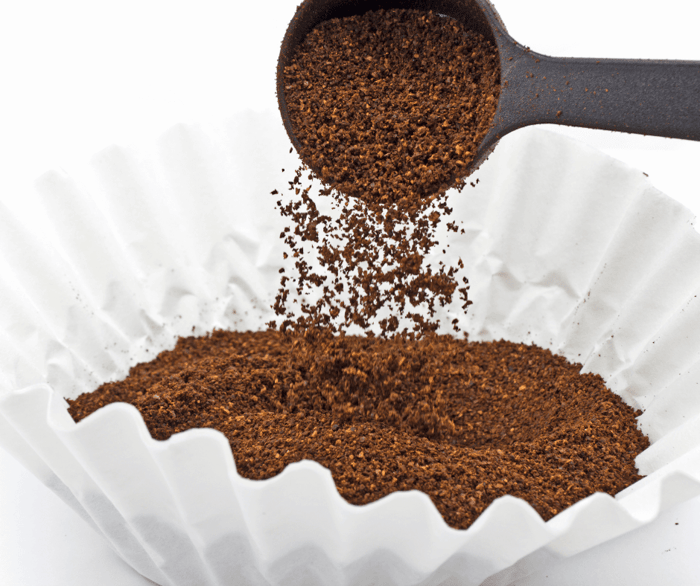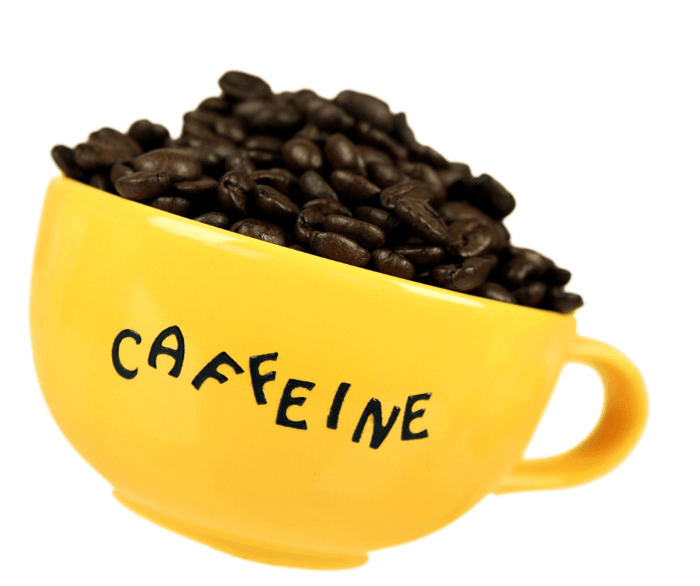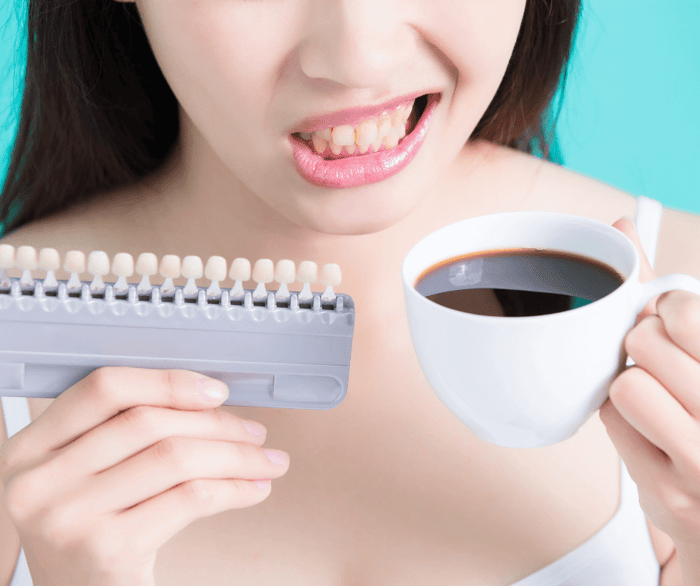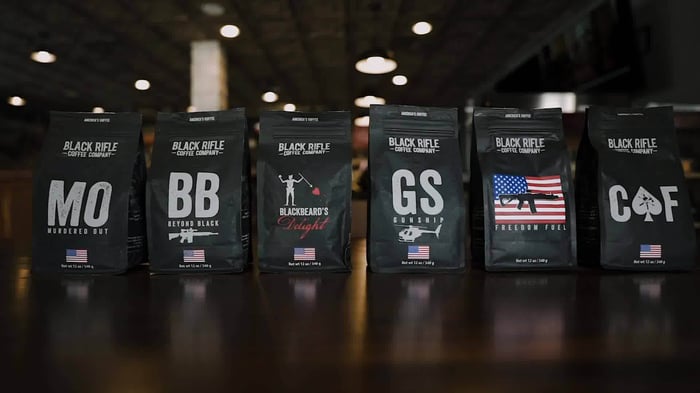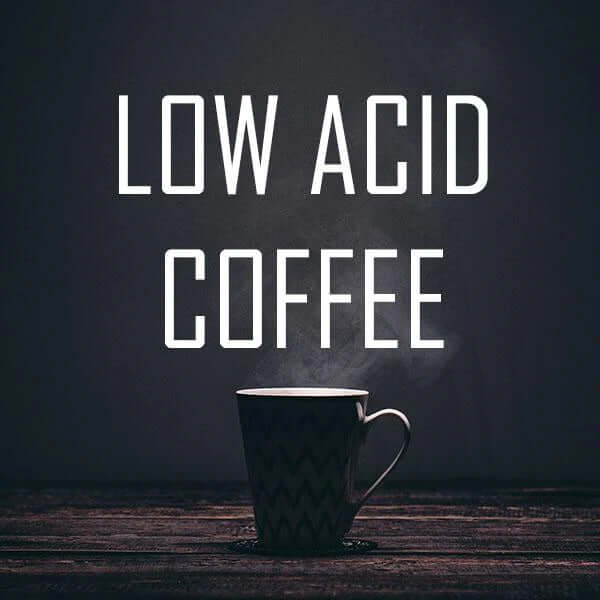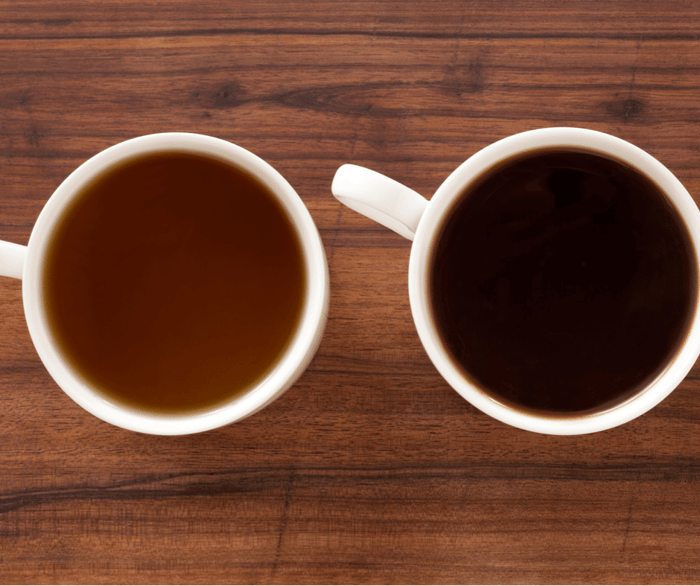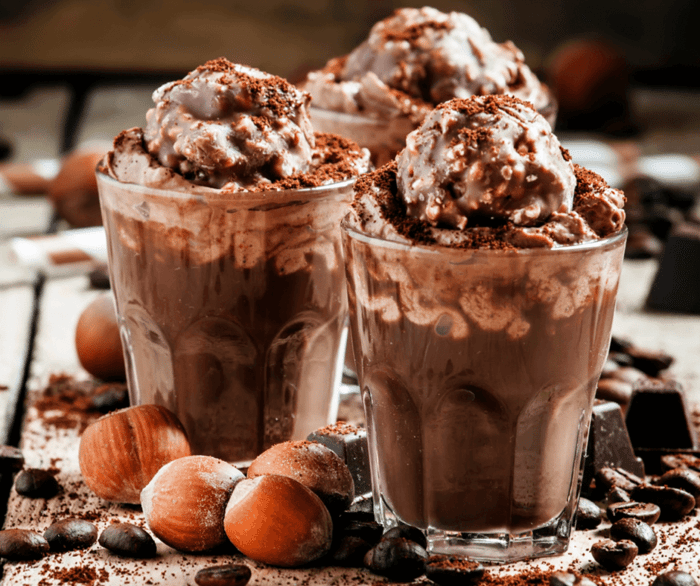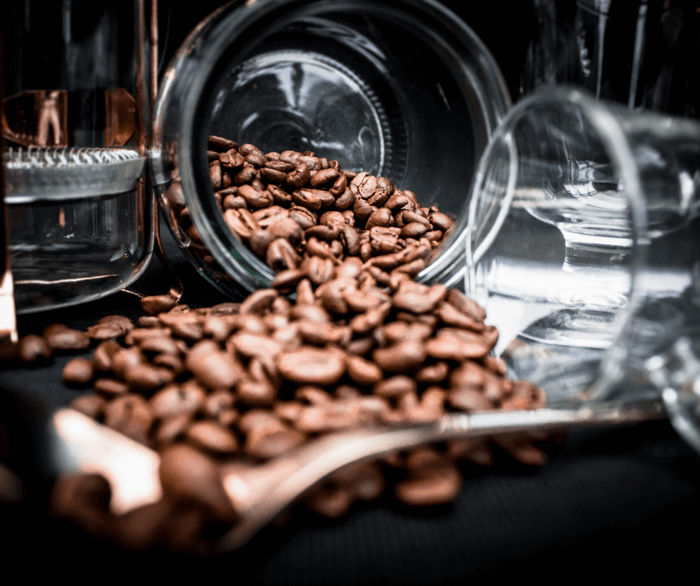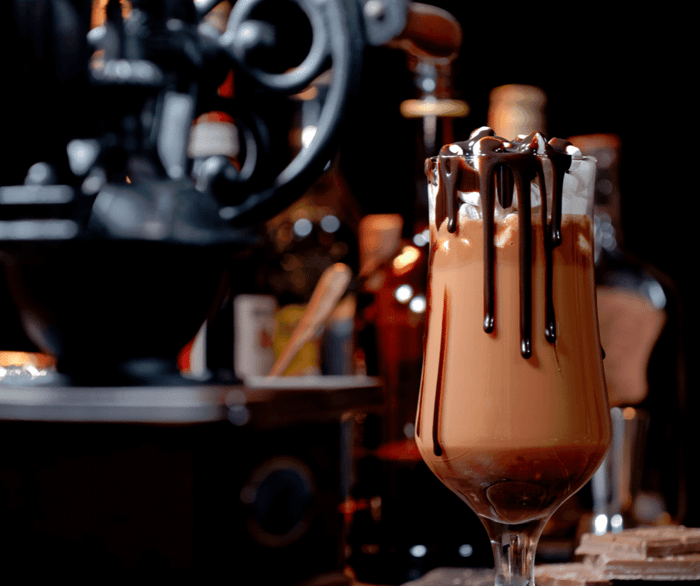If you're a budding coffee aficionado, you've probably come across a lot of brewing instructions that mention measuring your coffee grounds and even water in grams.
While many people still prefer to use volume measurements like tablespoons and teaspoons, weighing your coffee grounds is the most accurate way to get consistent results with your brews.
Why even use a scale to measure coffee in the first place?
Since the density/air in a given volume of coffee beans or coffee grounds can vary greatly, weight is a far more accurate way to know how much “coffee” is in your coffee.
Weighing your coffee grounds may seem like a bit of a hassle. But you'll get more consistent results cup-to-cup, and can more easily scale up or down your recipe without unexpectedly ending up with a cup of super strong coffee or a cup of super weak coffee. It’s also a super simple way to start making better pour over coffee, better French press coffee, better drip coffee—or making any other type of coffee you brew slightly, but consistently, better.
It helps to have a kitchen scale on hand to do this, but what if you don't have one? We don't all have $20-$30 kitchen scales just lying around. And even if we do own one, who wants to go through the hassle of finding it and digging it out every time they want to make a cup of coffee?
Think you may just grab a scale and be done? Here are some affordable options to choose from on amazon.
(To be fair, plenty of people do this already with their home brewing set-ups. But if you're just getting started, we understand that not everyone has the same level of coffee commitment.)
If you'd like to be a little more precise with your coffee to water measurements, but don't have a kitchen scale right now, you're in luck. Here's a quick and easy way to measure your coffee without a scale.
How To Measure Coffee Without A Scale
What You Need:
- A tablespoon
- A measuring cup that includes metric markings
In general, a tablespoon full of whole coffee beans is equivalent to roughly 5 - 7 grams of coffee.
1ml of water is equivalent to 1 gram of water—convenient, huh?
A common ratio of coffee to water that is used in common brewing methods is 1:16 (1 gram of coffee to 16 grams of water). This is a good starting point ratio, but you may want to adjust it according to your personal preference.
If we want to make an 8oz cup of coffee using the 1:16 ratio, we'll need about 14g of coffee to 224g of water.
(For many people, it's easier to just remember 15g coffee to 225g water—there's enough leeway with the ratio of coffee to water that this will work just fine.)
So to brew an 8oz cup of coffee, if you were using a tablespoon, you'd scoop out about 3 tbsp of beans and put them in your coffee grinder. Or you'd scoop about 3 tbsp of pre-ground coffee.
Note: Keep in mind that the density of coffee beans and grounds can vary somewhat, depending on the type of bean and the grind size. Also, the size of different varieties of coffee beans can vary greatly. So these measurements aren't 100%, but they'll get you pretty close.
That being said, I would be shocked if anyone called you out on the difference of a few grams either way in your coffee. Unless you're a barista in training, or competing in some sort of coffee brewing competition.
So don't worry too much about being exact.
Relax, live a little, and enjoy your coffee that now tastes just a little better—because you put in the extra effort to make it just right.
Final Thoughts
As you can tell, this is only a rough estimate—but it's a lot more accurate than eyeballing things. If you're looking for a more accurate way to measure your coffee, we highly recommend investing in a small kitchen scale. They don't cost very much, and will make your coffee-making process a lot easier in the long run. In the meantime, this method will do in a pinch!
Want More Coffee Content?
- Daily Coffee Grind - Click Here
- Coffee Reviews - Click Here
- Coffee Brewing Guides - Click Here
- Coffee Brewer Reviews - Click Here
- All Things Tea - Click Here
- Know Your Caffeine Content - Click Here

